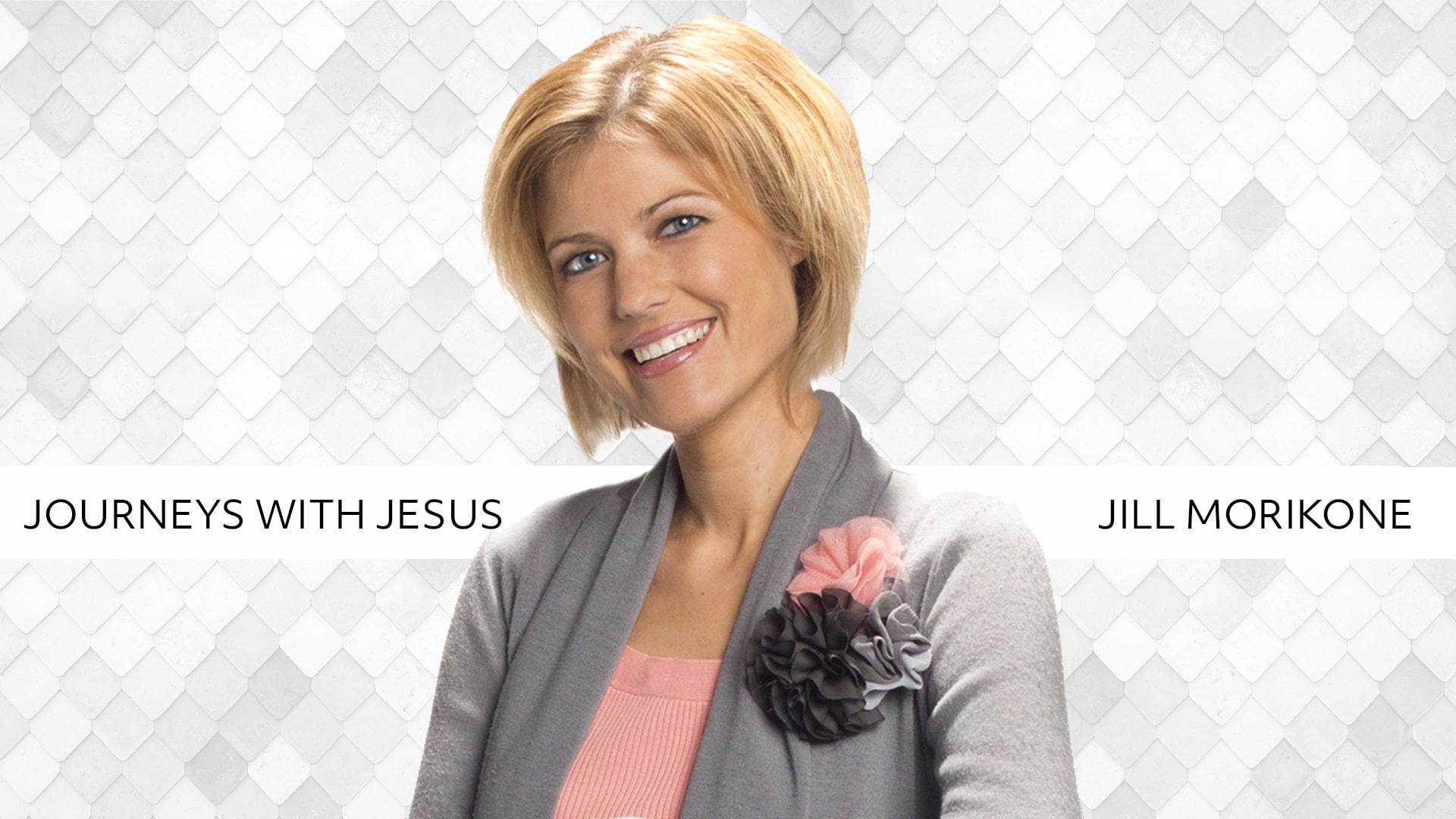
He stared into my eyes cold, blank, and hard. His quiet voice belied the look on his face. “It’s okay, Jill. I don’t blame you for this.”
I blinked, as my eyes widened. Seriously? His own choices led to his consequences. I carefully laid out the evidence, the duplicity he had been caught in, the web he had woven for himself.
He spoke again. “I don't blame you. I won't hold this against you.” He didn't see any wrongdoing in himself, even though he had been warned about this in the past. He left, and I pondered his inability to see himself.
Or was it? Did he recognize his shortcomings, but was too afraid to admit them? Or did he simply project his mistakes onto others to make them feel bad for his issues? Was it done in innocence or manipulation?
Did it even matter?
My mind traveled to the first sin, and its repercussions. Since the fall of Adam and Eve, humanity has sought to shift the blame to others while we justify ourselves. “It was the woman You gave me,” and later, “It was the serpent.” Why is it so hard to see ourselves?
Several years later, I discovered this blame shifting in another. Peter* was incredibly talented, yet insecure. Cunning and manipulative, he always appeared to be the one deeply wronged. Things were never his fault; it was always someone else. For a few years, I felt sorry for Peter and what he had suffered until I discovered things were not as they appeared. He wasn’t as ill-treated as he projected—he simply wore victimhood like a badge of honor.
From the fall of Adam and Eve, humanity has sought to shift the blame to others while we justify ourselves.
The day he said, “Please don’t feel guilty for what you did to me,” was the day the blinders came off. We hadn’t done anything, except asked him to be accountable for his actions. There had been no cross words, no irritation, no raised voices. Just a simple statement, asking him to respect the boundaries put in place. Immediately, Peter turned deeper into his victimhood, while blaming others for holding him accountable for his actions.
This is not a “poor Jill,” column. We all encounter those who elicit certain emotions from us. How should we respond? I’m still learning, but have discovered three keys to managing the victim:
God, help me see myself.
____
*Not his real name
Jill Morikone is vice president and chief operations officer for Three Angels Broadcasting Network (3ABN), a supporting Adventist television network. She and her husband, Greg, live in southern Illinois and enjoy ministering together for Jesus.